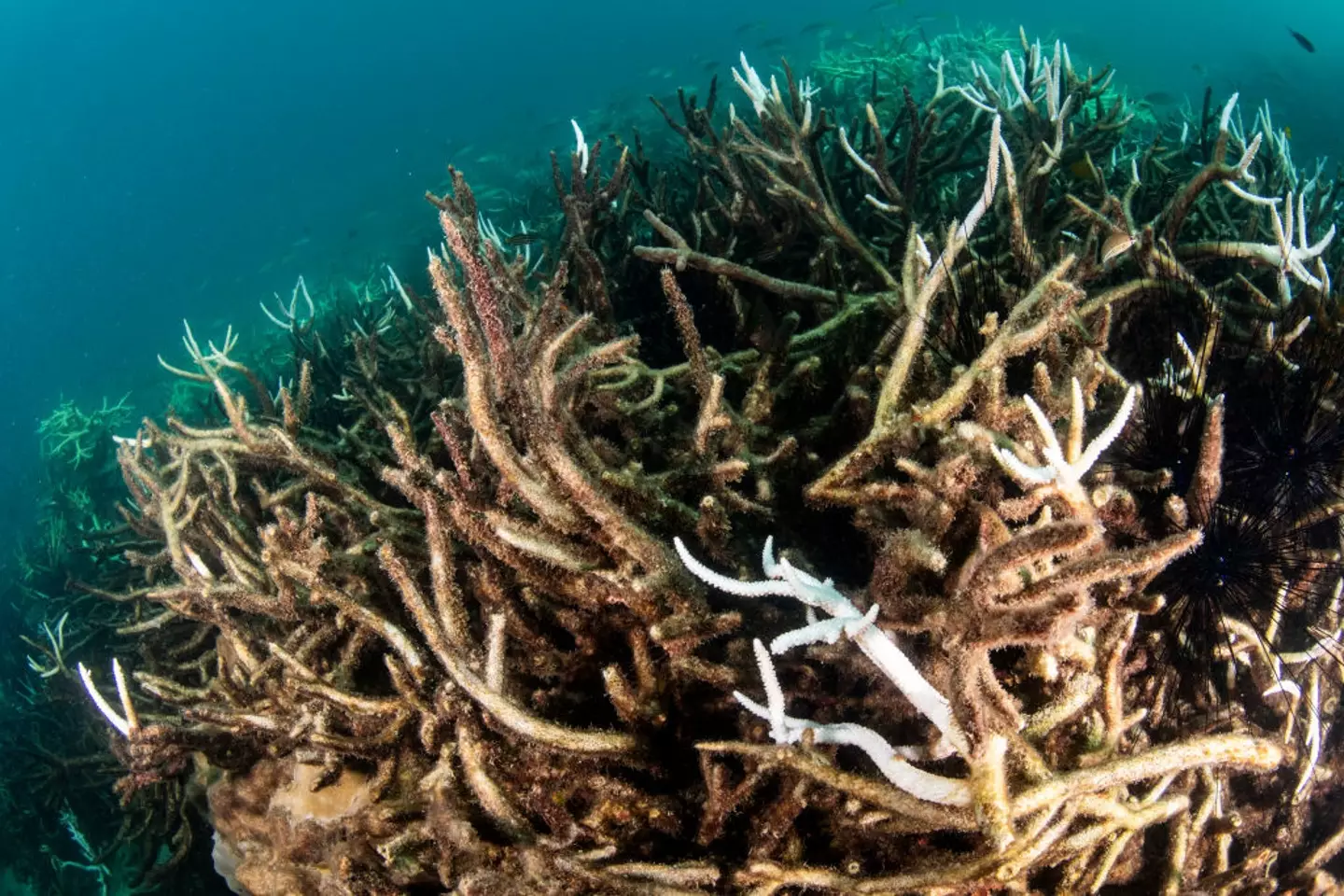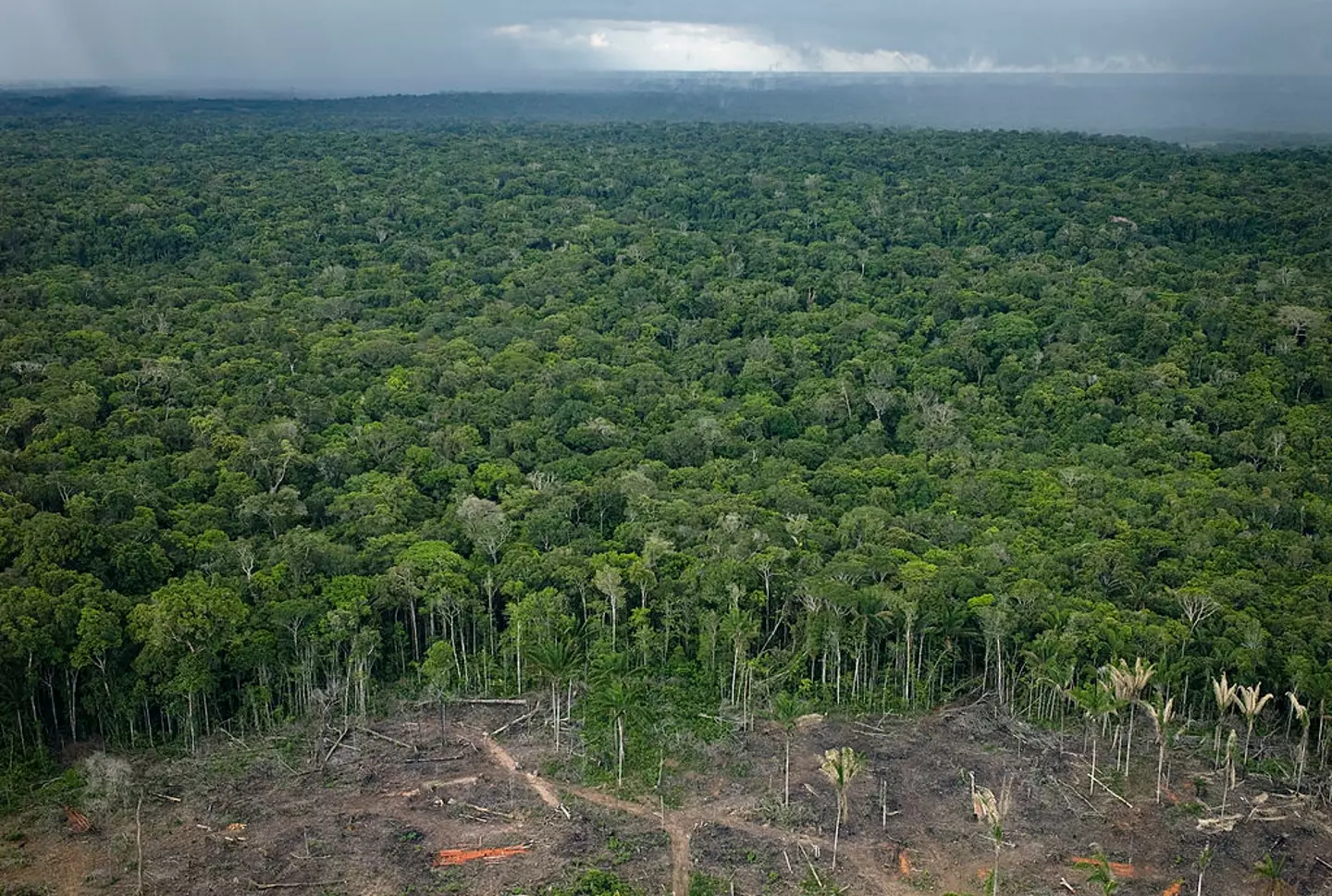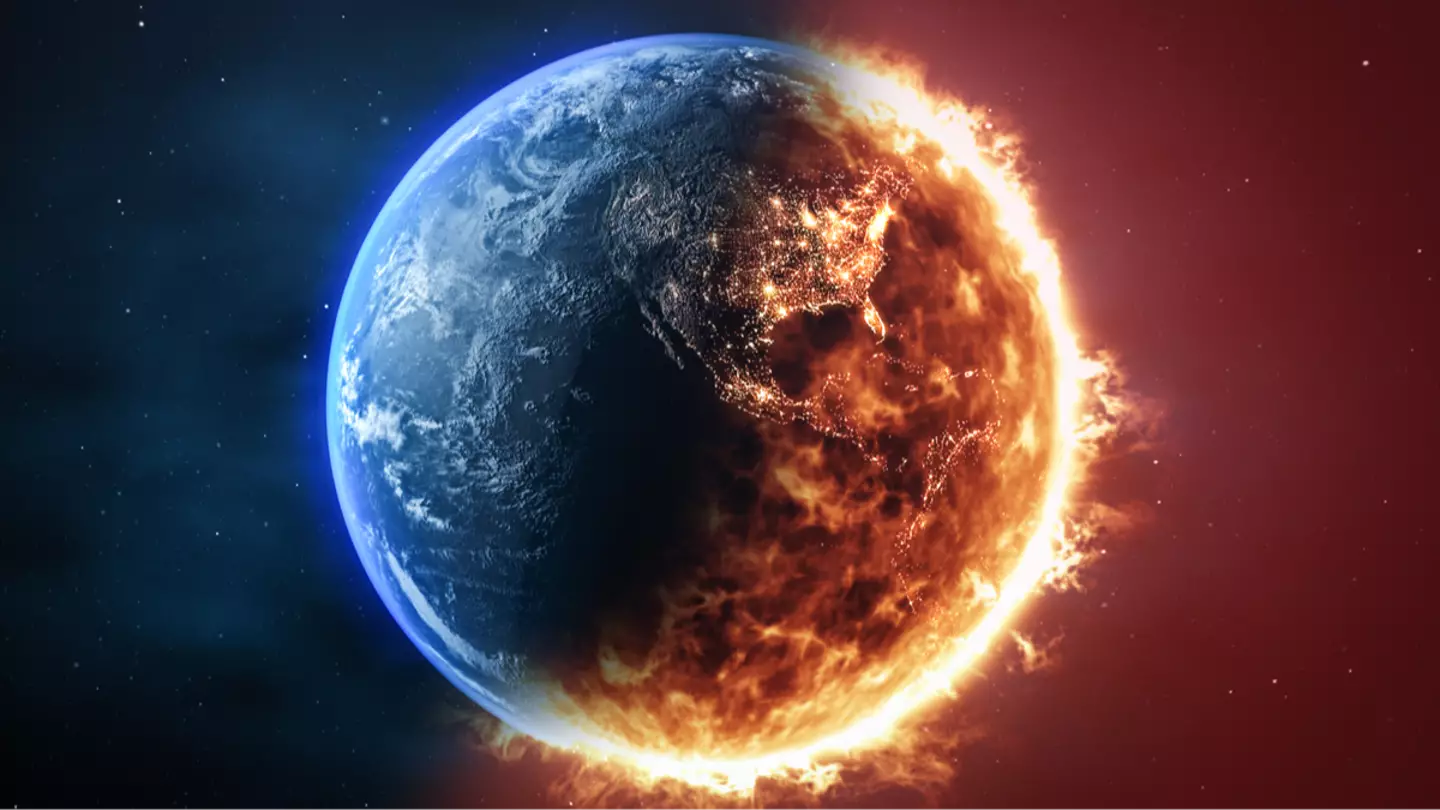Our planet has now surpassed a concerning threshold, potentially setting off a series of irreversible environmental impacts, scientists caution.
A major report, released on October 12 by CNN, just ahead of COP30 in Brazil, was compiled by more than 160 scientists from around the globe. It warns that Earth has already experienced its first climate tipping point: the widespread loss of coral reefs.
With ocean temperatures reaching unprecedented highs, the vibrant reefs that sustain marine life are deteriorating into barren, white remnants.
“We are rapidly approaching multiple Earth system tipping points that could transform our world, with devastating consequences for people and nature,” stated Professor Tim Lenton from the Global Systems Institute at the University of Exeter, a contributor to the report.
The study predicts that tropical coral reefs will be among the first to disappear. Since 2023, over 80 percent of reefs have suffered the most severe bleaching event on record.

The report also highlights that Caribbean reefs are on the verge of collapse due to marine heatwaves, low biodiversity, and diseases.
“We have now pushed [coral reefs] beyond what they can cope with,” explained Mike Barrett, chief scientific advisor at WWF UK. Without swift action to combat global warming, ‘extensive reefs as we know them will be lost’.
The disappearance of coral reefs would have far-reaching effects beyond marine environments, as they provide sustenance for millions, safeguard coastlines, and underpin global economies valued in the trillions.
This is just one aspect of the broader issue. The report indicates that several other critical tipping points are nearing, including the possible collapse of the Amazon rainforest and the disintegration of polar ice sheets.
A particularly concerning scenario is the potential failure of the Atlantic Meridional Overturning Circulation (AMOC), the ocean current system that influences global weather patterns. Its collapse could lead to severe cold spells in some areas, intense heat in others, and significant alterations in monsoon patterns.
“There is now a risk that collapse could occur within the lifetime of people born and living on the planet today,” Barrett warned.

Dr. Manjana Milkoreit from the University of Oslo commented on the unpreparedness of governments for these changes, noting that existing climate policies are designed for ‘gradual changes, not for these kinds of abrupt, irreversible and interconnected shifts’.
However, the report also noted some positive developments, such as the rapid expansion of solar power, electric vehicles, and battery technology.
Lenton emphasized that although the planet may breach the 1.5 degrees warming threshold, swift action is essential to reduce temperatures.
Other experts remain hopeful about the future of coral reefs. Dr. Tracy Ainsworth, vice-president of the International Coral Reef Society, told The Guardian that reef ecosystems are undergoing changes, highlighting the importance of understanding how these ecosystems are reorganizing to support marine life and communities.
The Australian Institute of Marine Science advised that global statistics ‘should be taken with care’, as they may obscure regional differences, and noted that global temperatures may not decrease enough, indicating a ‘narrow window of opportunity to act’.
Nevertheless, Barrett cautions that without immediate action, ‘we would be looking at a truly catastrophic outcome for all humanity’.

